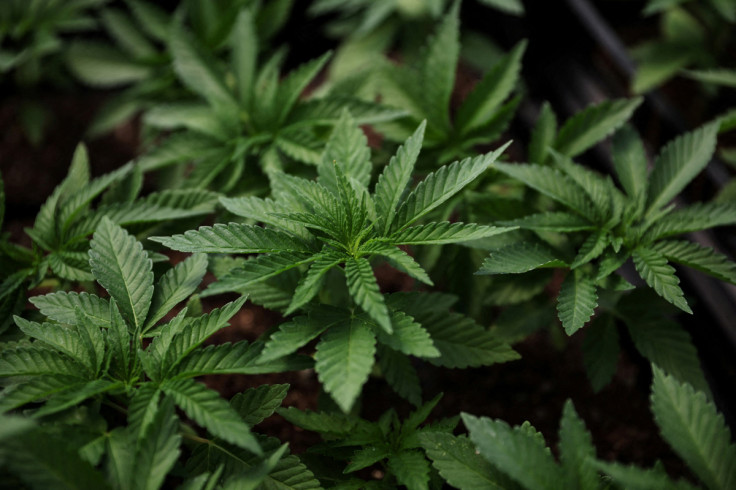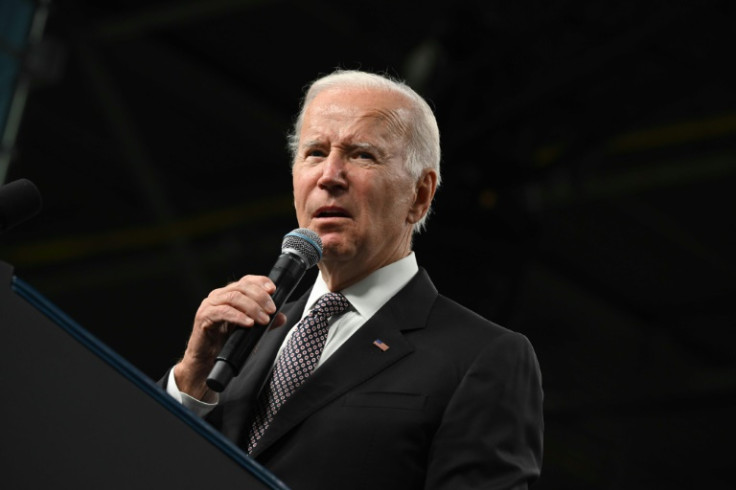These 5 States Could Legalize Recreational Marijuana After The Midterm Election

KEY POINTS
- Ballot measures in five states could legalize marijuana use for adults 21 years old and older
- Anti-Marijuana advocates say the industry targets children
- Persons of color are more likely to be arrested for marijuana use
Five states are set to vote on legalizing the recreational use of marijuana in the November 8 midterm elections.
Recreational marijuana could be legal in nearly half of the U.S. states if voters from Arkansas, Maryland, Missouri, North Dakota, and South Dakota decide to approve the ballot measure.
The initiative in five states proposes its legalization for people 21 years old and above.
Polling suggests that most Arkansas, Maryland and Missouri voters support the measure, Time reported.
In Arkansas, tax revenues from recreational marijuana sales would fund law enforcement and anti-drug programs.
A proposal in Maryland would allow resentencing and erasing criminal records for individuals convicted of marijuana crimes.
In an ABC News interview aired Thursday, Kevin Sabet, the CEO of Smart Approaches to Marijuana, voiced opposition to legalizing marijuana as it is allegedly used to target children and produces mental illness.
"In places where this is legal, quality of life is going down, and kids are being hurt at the expense, you know, of our future," Sabet said.
Sabet added that wealthy businesses behind the push are pretending to promote social justice and allegedly only care about their money.
Some, however, believe the legalization of recreational marijuana could help solve some problems in the criminal justice system.
Arthur Ago, the director of the criminal justice project for The Lawyer's Committee, noted that cannabis criminalization is devastating communities of color.
"In this country, black people are three and three-quarters more likely to be arrested for marijuana offenses," Ago said.
He believes that while legalization may not be the answer, removing criminal penalties for its recreational use could address some of these issues.
In October, President Joe Biden pardoned thousands of individuals convicted of simple federal marijuana offenses.
The president also ordered the Department of Health and Human Services to review how marijuana is classified as a drug.

© Copyright IBTimes 2025. All rights reserved.




















